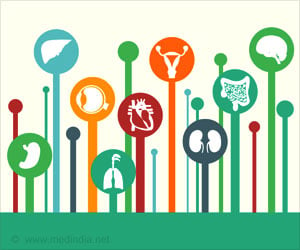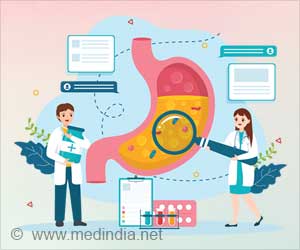The Organ Donation Day is being celebrated on the 13th August to encourage people to pledge their organs and save lives of patients with organ failures.
- Organ donation day is celebrated on the 13th of August to increase awareness and encourage more people to pledge their organs
- Organs like the heart, lung, liver, pancreas, and kidneys can be harvested after the person is declared brain dead
- Tissues like the cornea can be harvested 12 to 24 hours after death
Patients with organ failures can lead near normal lives, if they receive an organ from a donor on time. In addition, tissues like the cornea can help a blind person see. Unfortunately, the list of people waiting for a transplant cannot be compared to that of available donors – in India, the gap between the donors and the recipients is huge.
- While countries over the world have seen organ donation numbers in the range of 10 to 40 persons as organ donors per million population (PMP), the number in India stands at a dismal 0.08.
- Around 5 lakh people die in India due to the non-availability of organs every year.
What is Brain Death?
Organs are obtained only when a person is declared brain dead. Brain dead means that the patient’s brain is no longer functioning, and the person is dead, but the circulation in the organs is maintained with the help of an artificial support system. Thus, if the artificial support system is withdrawn, the patient would be dead.
The situation cannot be reversed from this point Brain death often happens following a road traffic accident or a stroke causing a bleed in the brain. Brain death is different from coma, since the brain in coma does have some function and some people can be revived from coma. Cardiac death is when the heart stops beating and the lungs stop functioning, and therefore the circulation to the body and the oxygen supply to organs has stopped. In such situations, organs cannot be harvested but tissues like the cornea, heart valves, skin and bones can, for up to 12 to 24 hours after the death.
Can Organs be Donated during One’s Lifetime?
Similarly, half of the pancreas is enough for an individual and the other half can be donated. The liver has the power of regeneration; thus even if a part is donated, the liver in the donor grows back. Living donors in India should be relatives of the patient or individuals that are close to the patient; a person who is unknown to the patient cannot be a living donor. The donation is entirely based on the donor’s wish, and there can be no pressure of any sort.
Most individuals can be organ donors, even with some medical ailments. There are a few people who cannot donate their organs, for example, those with active cancer, HIV or active infection like sepsis, or intravenous drug users. In fact, even cancer patients can donate their corneas after their death. Thus, usual ailments like diabetes and hypertension should not be considered as deterrents to signing up for organ donation. Age is also not an issue, as organs can be donated by the young and old alike. Even children sign up as organ donors; however, parent consent is necessary.
Will my organs be harvested before informing my relatives?
The current rules in India do not allow organ donation without the consent of the immediate relatives. It is often difficult for relatives to take a decision of organ donation at a time when they are faced with the grief of losing a close one. However, if you sign up for a donation during your lifetime, it may be easier for them, knowing that it was your wish.
In fact, the process of donation often helps the relatives heal from the grief faster. They could feel consoled by the fact that, even in your death, parts of you will be living in this world through someone else, changing their lives, and helping them to fulfill their dreams. It is important for you to inform your family members of your decision because organ donation cannot happen without their consent. It is also important to carry your donor card with you at all times.
Will my body be disfigured following the harvesting?
No. The harvesting will be done like a surgery. The body will be properly clothed so that anyone who sees the body will not be aware that your organs have been donated.
Why is it necessary to transplant organs as soon as possible after death?
Once the organs are harvested, they have to be transported to the recipient’s location as soon as possible. This is because the organs last for a limited time outside the body. The heart and lungs can survive for a period of around 4 to 6 hours after harvesting. With the availability of facilities in several parts of the country for harvesting organs and quick transport through even air ambulances, we now hear of transplants being carried out between cities, and sometimes even between states. The infrastructure still needs improvement, so that organs of people that have been pledged do not go wasted in the absence of facilities to harvest them.
Organ donation is just a few clicks away. You could also register on the websites of NGOs like the MOHAN Foundation http://www.mohanfoundation.org/
Remember:
- You have nothing to lose if you pledge your organs. In any case, they will be consigned to flames or buried along with your body
- You have the power of changing someone’s life after your death – it could be a child born with a liver disease, or a mother who has suffered from kidney failure, or a young person who cannot see. You would be giving a part of you to someone, and could completely change their lives.
- A part of you will continue living even after you are no longer around.









